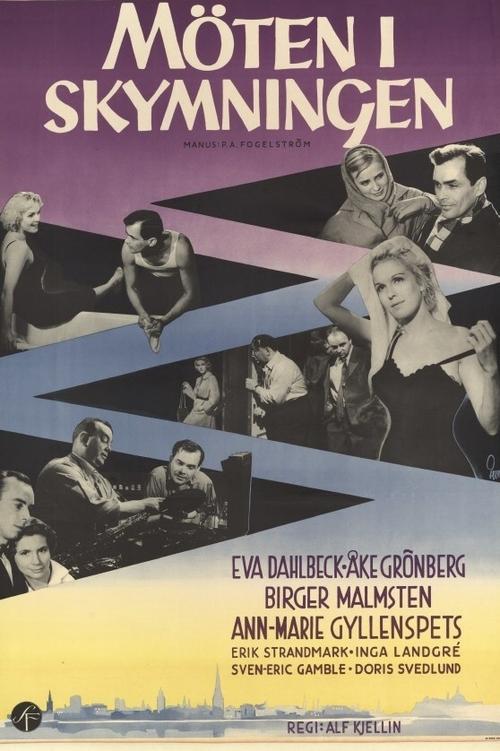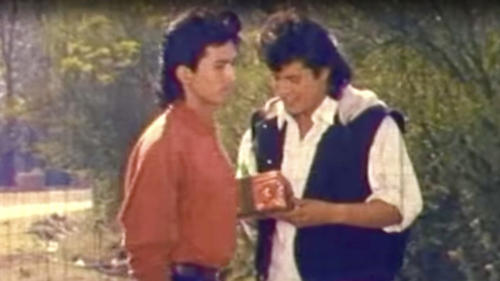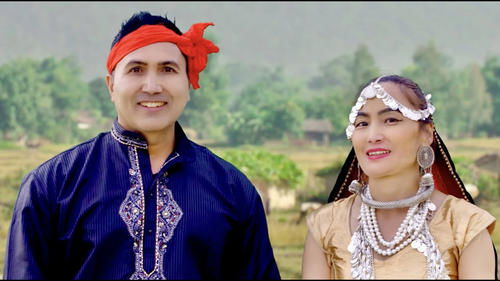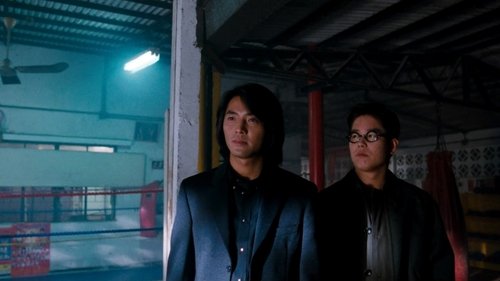Informações
Sinopse:
Duração: 01h33m
Data de lançamento: 02 de setembro de 1957
Genêros: Drama.
(2 votos)
?
?

Sinopse:
Duração: 01h33m
Data de lançamento: 02 de setembro de 1957
Genêros: Drama.

Janma Janma is a Nepali film that delves into love, dreams, and the cycle of life. The story follows Amar and Praya, a couple deeply in love. Praya is haunted by recurring dreams of someone trying to kill her, which leave her anxious and fearful. Amar, along with her parents, reassures her that the dreams aren’t real and encourages her to move forward. Praya eventually finds a new beginning, embracing a fresh life. However, she discovers that her old friends didn’t get the same chance at renewal. She shares this realization with Amar, urging him to cherish love and life. The story concludes with Amar reflecting on her words, highlighting the fleeting yet profound beauty of existence. Janma Janma is directed by Sital Nepal and written by Yubraj Lama. It weaves an emotional narrative of second chances, dreams, and the power of love to overcome life’s uncertainties.

Story about a farmer.

Hami Nepali Hami Gorkhali is a Nepali music video story about Gurkha people

O documentário explora a função da nudez na arte a partir do olhar do fotógrafo David Bellemere. Contratado pelo fundador do projeto NU Muses para criar um calendário de nu artístico, Bellemere desmembra seu processo criativo.

Although Chicken does not make an appearance, Chan Ho Nam finds a new love interest in the form of Mei Ling. Meanwhile, Tung Sing returns to cause trouble again for Hung Hing, in the form of new leader Szeto Ho Nam.

Finding more freedom on the high seas than in war-torn Japan, the 'Bahansen' (Pirate ships) based on the Seto Inland Sea during the Warring Period (Sengoku-jidai)sailed to China, Korea, Luzon, and Siam under the Hachiman banner. A battle for supremacy of the seas begins when a strange old shipwreck survivor is brought to Sakai where he divulges a secret that can change the course of history.One of the most literate and well-written films from Toei, this is an exciting tale of swashbuckling samurai on the high seas!

Ragat (Blood) is a powerful Nepali film that highlights caste discrimination and social injustice. The story follows Krishna, a young man from a lower-caste family, who bravely fights against the oppression of the rich and upper-caste elites. Hemant Kaji, a wealthy and influential man, strongly believes in caste superiority and looks down on the poor. Amidst this division, Laxmi, a girl from a rich family, falls in love with Gopal, a lower-caste boy. Defying societal norms and family pressure, they marry against their parents' wishes, challenging the rigid caste system. Their love becomes a symbol of change, but their struggle is met with resistance. In the end, Radha, Laxmi's caring aunt, tragically loses her life, leaving behind a message that all human blood is the same-hot and red. Directed with a strong social message, Ragat questions why caste discrimination still exists in Nepali culture and calls for equality and justice.

The Strangest Dream tells the story of Joseph Rotblat, the history of nuclear weapons, and the efforts of the Pugwash Conferences on Science and World Affairs - an international movement Rotblat co-founded - to halt nuclear proliferation.